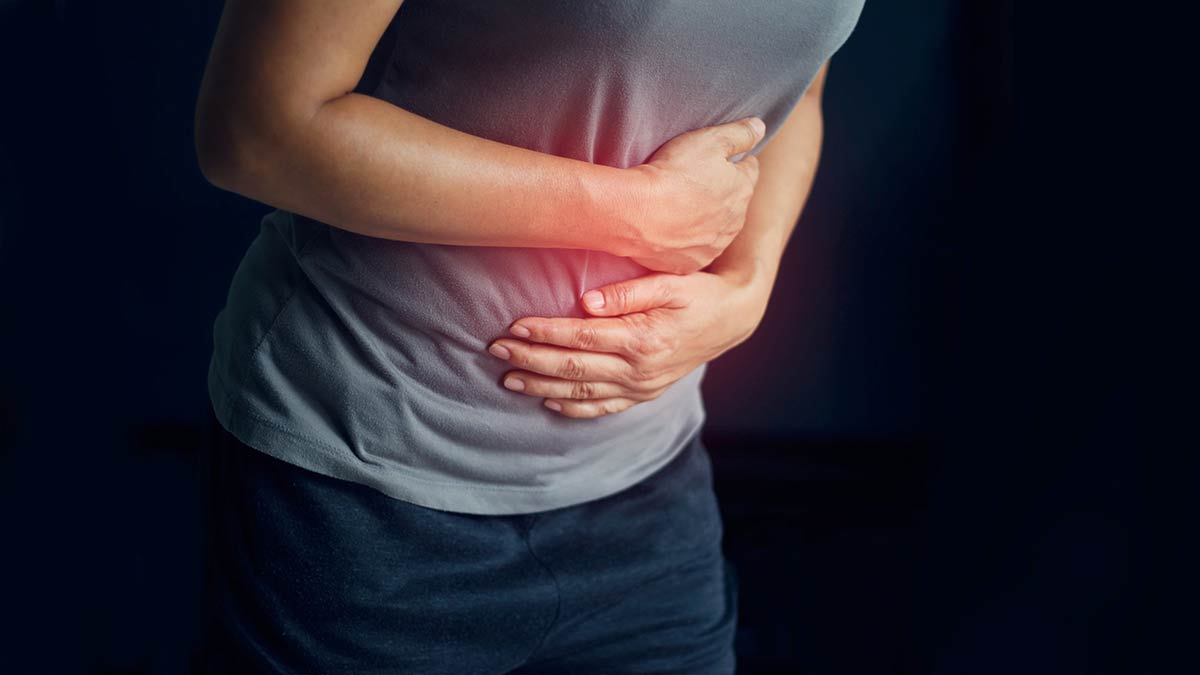Introduction
Trapped gas in the chest (wind chest pain) is usually not something that should be worried about. It is often described as a tightness, pressure or discomfort in the chest area. Aside from pain, there may be a slight burning or stabbing sensation.
It can be difficult to tell whether one is experiencing gas chest pain, other conditions like acid reflux or something even more serious like a heart attack.
Treatment
The following treatments and remedies may help to ease the pain of excess gas in the chest:
Drink water
Drinking plenty of water can help to move excess gas through the digestive system, which can ease gas pain and discomfort. Drinking non-carbonated beverages will avoid extra gas intake.
Warm water or herbal teas may help to ease pain and discomfort for some people.
Consume ginger
Research suggests that ginger can help with certain digestive symptoms. A small bit of the root may be eaten or made into ginger tea.
Avoid any possible triggers
Any possible digestive triggers should be avoided. This could include carbonated drinks and sodas, milk and dairy products, and gluten. Keeping a food diary may be very useful.
Exercise
Gentle and simple exercises can relax the muscles in the gut, helping to move gas through the digestive system. Walking or doing yoga poses may be beneficial.
Medical treatments
There are medical treatment options available to help with gas pain in the chest. Over-the-counter medications, such as bismuth subsalicylate (Pepto Bismol) may ease some indigestion symptoms.
For chronic conditions like IBS, GERD, UC, or Crohn’s disease, may need to be treated with prescriptions from a doctor, though treatment will vary in each case.
Prevention
By watching what and how we eat, we can lower our risk of getting a painful trapped gas bubble. This can help us to keep track of the foods and circumstances that lead to a gas bubble. Then we can avoid those foods or behaviors that seem to give us a problem.
Here are some tips to start with:
- Stay hydrated. Drink a lot of water
- Don’t smoke.
- Avoid foods known to cause excess gas.
- Avoid artificial sweeteners.
- Eat slowly and chew your food well.
- Don’t chew gum.
- Avoid carbonated beverages
- Increase your physical activity.


